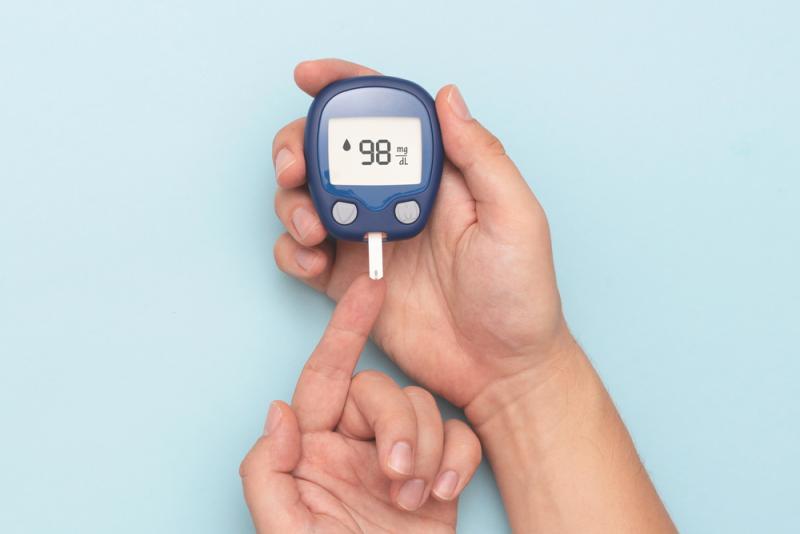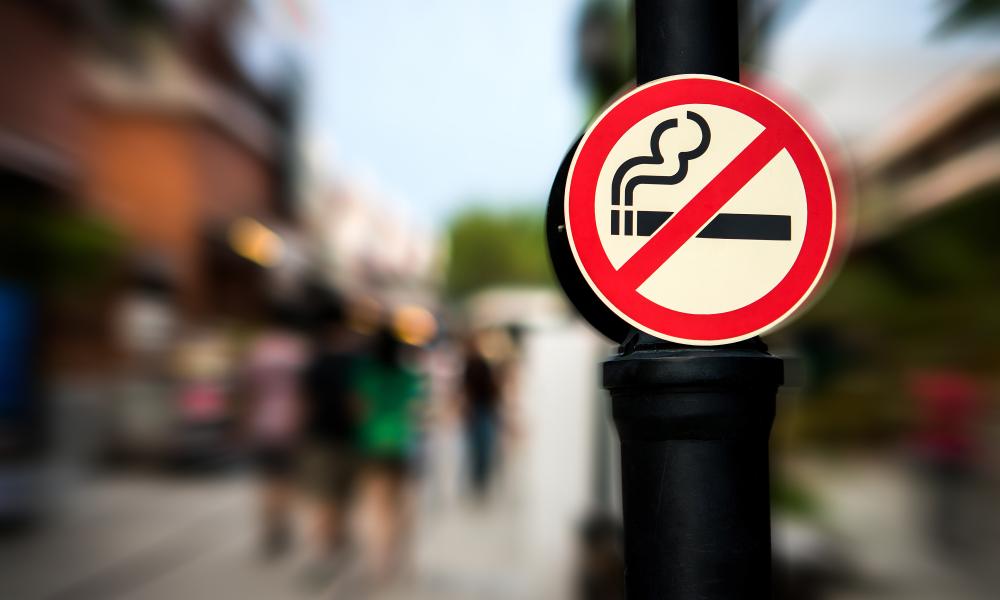
Diabetes mellitus is a group of metabolic disorders characterised by too much glucose in the blood. The body breaks down digested food into a sugar called glucose from which it derives energy. The hormone insulin allows the body to use that sugar by helping glucose to enter the cells.
When a person has diabetes, either the pancreas fails to produce enough insulin or the body cannot properly use the insulin it has. As a result there is a build-up of glucose in the blood causing the cells to be starved of energy.
Type 2 diabetes is the most common form and is caused by the body’s ineffective use of insulin and is responsible for many early deaths, reduced quality of life and significant costs to the health and social care system and to the economy. Age, family history, ethnicity, obesity, low physical activity levels and certain medical conditions put you at greater risk of developing diabetes.
Eating a healthy diet, maintaining a healthy weight and being physically active all decrease your risk. This briefing describes how many people have diabetes on the island of Ireland and how that number is expected to change between 2010 and 2020.


